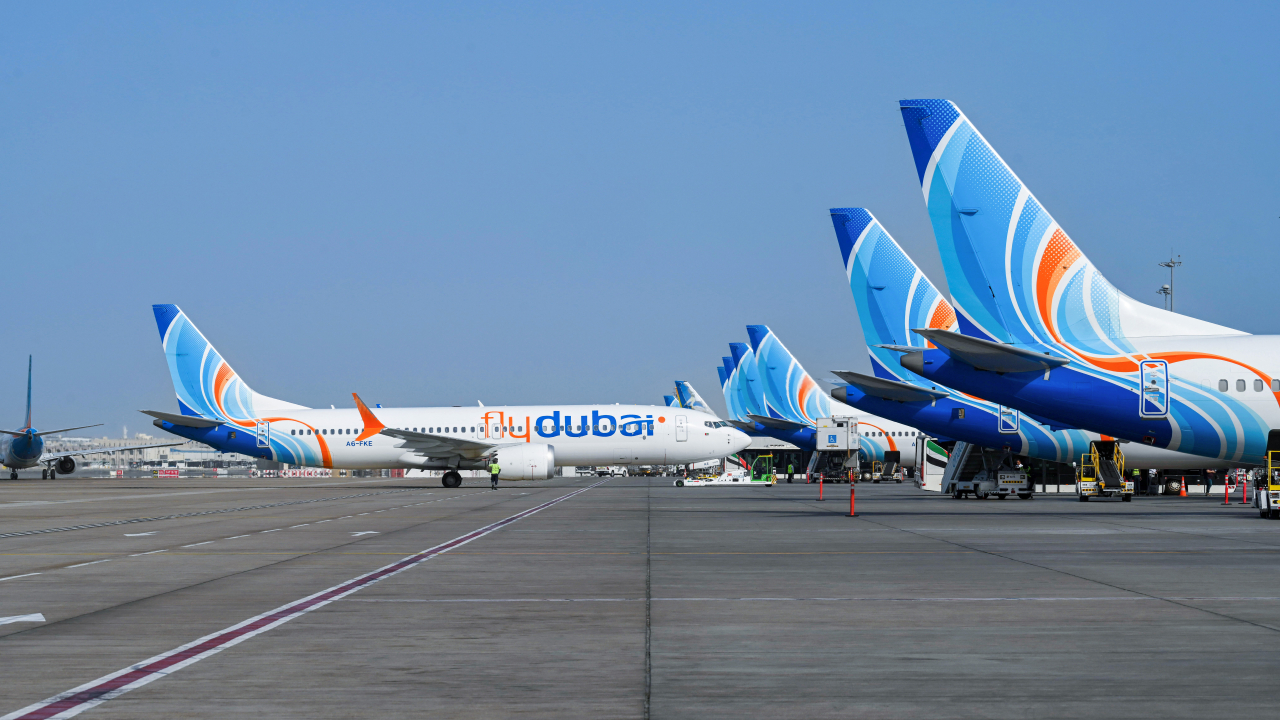Kuwait Airways privatisation plans put on hold as analysts warn of 'dire' future

The national carrier which is one of the oldest Gulf carriers having been established more than 50 years ago was hit badly by the first Gulf War after the country was invaded by Iraq. A court case in which Kuwait Airways is seeking compensation from Iraq for the “theft” of its assets is the longest civil case in history.
Analysts say that the airline’s focus on this has stopped it developing at the same rate as other regional carriers as it has seen yields and revenues dropping as it competed against low cost carriers such as Kuwait’s privately owned Jazeera and against the major Gulf carriers such as Etihad, Emirates and Qatar which are offering a broad route map.
Reuters reported that Kuwait had been offering 35 percent of its share capital of $805.3 million to potential long-term investors, amounting to around $280 million, as part of the privatisation process aimed at transforming the airline to an efficient and lean operator.
Speaking on BBC World News in a special report several weeks ago, Arabian Aerospace editor Alan Peaford said he believed there would be few takers as the airline was just not an attractive proposition in its current state having cancelled orders for new aircraft despite operating an old fleet.
A statement by Kuwait Airways said: "The delay in privatizing KAC gives us the opportunity to address a number of operational and structural issues ahead of a future privatization program,"
The privatization committee was quoted by Reuters saying it had completed the review of the expressions of interest (EOI), which was initiated in August. It said it received interest from local and international parties, without giving further details.
Analyst Saj Ahmad told Arabian Aerospace: “Its not surprising to see a delay here since many investors clearly baulked at having to inject money into Kuwait Airways for a stake but also to overhaul its ailing business.
“The worry now is how can the airline go on in its current form and would any future IPO allay any investor concerns. This loss making carrier has been left behind by its GCC peers and we cannot rule out the possibility of another cash injection b y the government - although how that will prove to be beneficial remains to be seen in the wake of its recent strike.
“We could well be looking at a collapse here if the airline doesn't reinvent itself - right now the omens look very dire.”
The struggling airline's privatization plan was seen as ambitious by many analysts, thanks to factors including high operating costs, political concerns and the offer price, which was perceived to be high – other Gulf carriers distanced themselves, publicly from the deal.
The privatisation was always going to be strictly controlled. Joint-stock companies listed on the Kuwaiti bourse and – according to Reuters - "specialised" international firms were the only ones allowed to subscribe. Kuwait's parliament had approved a plan in 2008 to privatize loss-making Kuwait Airways. Under the plan, the government was to sell 40 percent of the airline to the public and 35 percent to a long-term investor.
Last year, Kuwait appointed Citigroup Inc., auditors Ernst & Young and aviation consulting firm Seabury to handle the privatization of the carrier, which has a fleet of 17 planes.
Stay up to date
Subscribe to the free Times Aerospace newsletter and receive the latest content every week. We'll never share your email address.

